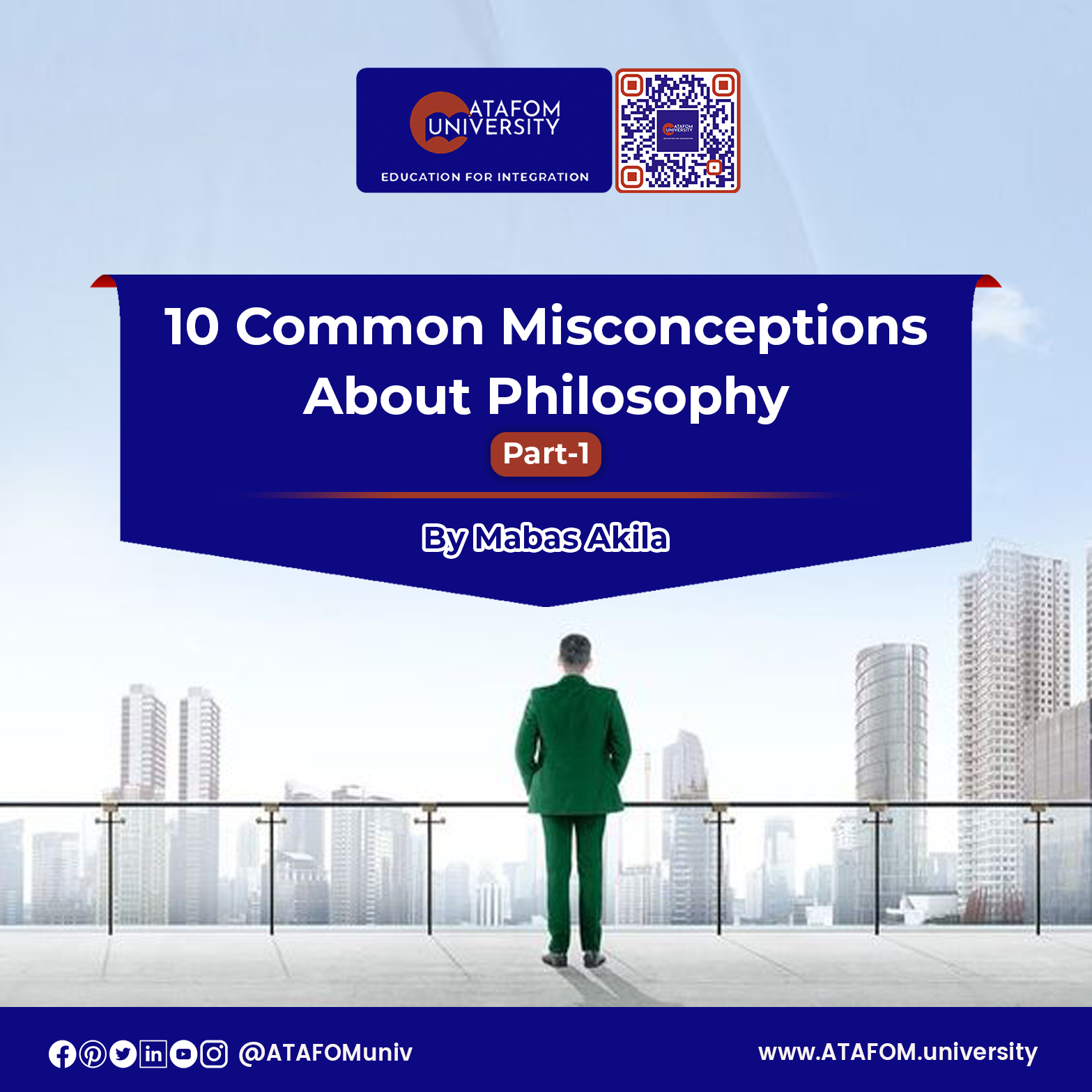Once, we were growing in a neighbourhood and mingled with children my age and those slightly above me. It was in one of those times that I heard one of our senior friends called the word ‘philosophy’. In his words, he said: “Don’t mind him (referring to a friend who was acting weirdly); he behaves like Bob Marley, the man full of philosophy”. Since I knew who Bob Marley was and have also seen how our actor friend was galloping, I perceived philosophy to be synonymous to marijuana and madness!
It took me years to grow out of this notion (though the flashes and episodes of my boyhood encounter still resurface when I come in contact with the word and personalities that mean the word). However, many others like me still have untrue assumptions about the word philosophy.
Philosophers are the least celebrated personalities and their contributions to society so underrated because their impact is not usually scientifically calculated. Of course, it is easier to gauge the impact of an engineer who builds roads because he creates access to the trader who passes through to sell his/her wares; it is easy to rate medical doctors because they heal the sick and provide instant relief to their patients with simple diagnostics. But how on earth can you evaluate the impact of words and on those who consume them, especially in an uncontrolled setting such as society where philosophers find it as their laboratory. What will be the possibility and truth that someone excelled because they used the words of another? Couldn’t it be due to other factors extraneously interplaying? Is it everyone who hears those same words that truly become what they claim to be?
But there lies the beauty of it all! Philosophers often utter words and people react to them differently but regardless of times and seasons, those words mostly remain on the sands of time; never dying, always re-echoing in meaning and value. This is why people like Socrates and Plato may not be forgotten and their words even much more. In the current time and space, people like Dr. Sakir Yavuz – President and founder of ATAFOM University – and Late Dr. Nelson Mandela (Former President of South Africa) will not be forgotten in a hurry, for they are great philosophers as well as accomplished men in their fields of endeavours.
But what are the misconceptions people have about this noble field of endeavour? I made a survey around town on what people think about philosophy and came up with these 10 items for consideration. Happy reading:
Philosophers are critics: People often view philosophers as scholars who do nothing more than criticise the way other people live their lives. The thoughts and lines rendered by philosophers are believed to be inspired by the wrongs of society and there lies the criticism. And true to this fact, the work of the German philosopher Immanuel Kant describes philosophy as criticism of criticism. He believes that the primary task of philosophy is criticism rather than justification of knowledge. And while philosophy handles critical thinking, it isn’t necessarily true that philosophers are critics. The wisdom in the trade only adds a lot of human face to the way and manner words and meaning are conveyed. Being thoughtful provides the basis to be humane in approaching harsh truths and philosophers are some of the very thoughtful and considerate individuals whose trade description differs considerably from the personalities of the trade.
Only the old philosophize: Wisdom comes with age and maturity! This could be the reason why it is obvious to find older people churning out words of wisdom. However, it is not accurate to say that only old people can be philosophers. While it is true that many philosophers throughout history have been on the old side, there have also been many young philosophers. Many young people are interested in philosophy and also engage in philosophical thinking and discussions. In fact, some of the influential philosophers in history were quite young when they made their most significant contribution to the field.
Philosophers know it all (they are intelligent): Philosophers are intelligent but it is a common misconception that philosophers know everything, claim to know everything or are exceptionally intelligent. Some philosophers may have a broad and deep understanding of a wide range of subjects but we must remember that no one person knows it all. Philosophers often approach problems and questions in a critical and analytical way, rather than simply seeking to acquire knowledge for its own sake. This does not necessarily imply superior intelligence or knowledge on all subjects.
All philosophers are lonely: There are countless scenarios where many philosophers have had active social lives and had close relationships with friends and family. Some may have experienced periods of loneliness at certain points in their lives, just like any other person and this makes them human as well. Philosophers are people with a wide range of personalities and experiences, and it would be unfair to make a blanket statement about their emotional states.
Stay tuned to our blog to find out the other six (6) misconceptions people have about philosophy.


